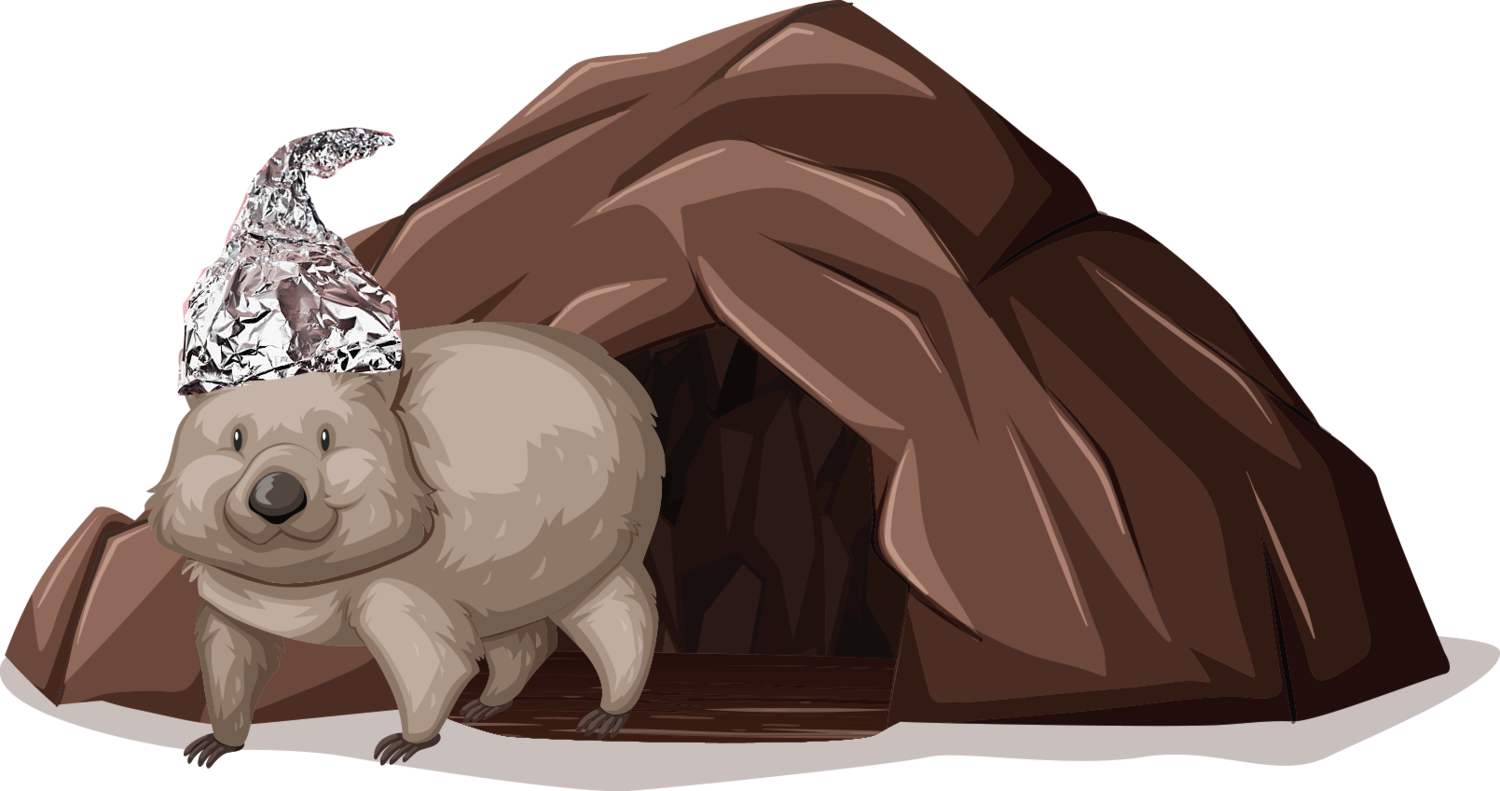It Is OK to Question Covid
It really is, I promise.
August 5 2020
It is OK to question Covid.
Questioning Covid doesn’t mean you are saying people aren’t dying from a new and infectious virus.
It is questioning how many people have actually died from that virus, or questioning who is actually dying from a virus or who is dying from other life-imperilling factors which are increasing in the world every day, perhaps with the help of a virus. It is questioning how we are approaching health, how we understand health, how much we actually value health when we start to look closely at the behaviours our society promotes.
Questioning Covid isn’t spitting in the face of everyone who may have lost a loved one during this pandemic. It isn’t saying you know better than the people who are out there on the frontline treating real sick people. It isn’t in any way questioning their integrity.
It is questioning whether the motives of our health institutions, how they have come to be structured due to top-down forces, are still based on the promotion of health as the primary outcome — something that is independent from the motives of those everyday people working within these institutions.
It is OK to question the death counts, when authorities are openly admitting that this process is often reliant on assumptions and guesswork. It is ok to question how many of these assumptions are founded, when there are no defining symptoms of COVID that make it unique from a symptomatic diagnostic perspective.
It is ok to laugh when you realise someone who died in a motorcycle crash was originally listed as a Covid death, even though you know you probably shouldn’t laugh.
It is OK to wonder how the hell governing officials, knowing how dangerous this virus is to the elderly, allowed infected individuals back into nursing homes in many American cities that then experienced vast numbers of resident deaths — over half of all deaths in some states.
It is OK to question how accurate the tests are, when a goat and a paw paw have come up positive. It is OK to wonder to what extent the tests are either false positive or false negative, when the creator of the PCR test has stated it should never have been used for diagnostic purposes.
It is OK to question whether it is OK — schadenfreude notwithstanding — for police to now be acting towards mask-guerillas in the same way they have been acting towards brown-skinned people.
It is OK to question why health authorities were saying at the start of the pandemic that masks weren’t necessary, but are now shaming people who would now say this very same thing.
It is OK to suspect a glitch in the matrix now that they appear to be preparing us to wear goggles.
It is OK to wonder what psychological damage we might be doing to children by conditioning them to fear touching other people, or being close to other people, or breathing without a face covering, or going to school (I get that last one, actually).
It is OK to question why everyday funerals have been limited to inhumane numbers of people, while a celebrity funeral (which also doubled as a political rally) is not subject to the same restrictions.
It is OK to question why it was so decisively less dangerous and irresponsible from a health perspective to go to a Black Lives Matter rally compared to a Trump rally — or any other previously normal social activity.
It is ok to wonder without feeling racist whether it is within the expertise of a public health official to declare that “the public health risks of not protesting to demand an end to systemic racism greatly exceed the harms of the virus”.
It is OK to question why we are all of a sudden taking health and scientific advice from a software designer who is not a Doctor or a scientist.
It is OK to question the motives of media organisations, and that it might actually be in their best interests for this pandemic state of fear to continue for as long as possible.
It is OK to at least consider the possibility that Covid was made in a lab, even if there is no way to know if it is true or not, because the idea of deliberately created and released bioweapons is well within the scope of the nefariousness that exists in the world at the moment.
It is even OK to question whether there are people who had planned this whole thing out from the start, or at the least are making the very most of the situation as they can. Because, if the intended end result was convincing us to accept unprecedented impositions on our previously assumed fundamental freedoms, it seems to be working.
It is OK to question Covid.
It doesn’t make you a bad person, it makes you someone in search of the truth as gained through your own eyes, through your own investigation.
It doesn’t make you a conspiracy theorist, it makes you discerning. Although it might also make you realise that those two things are more similar than you previously thought.
It makes you someone who understands that there are people who want control of the world, through the control of your mind, and are doing so by demonising the virtue of asking questions.
So keep asking questions.

